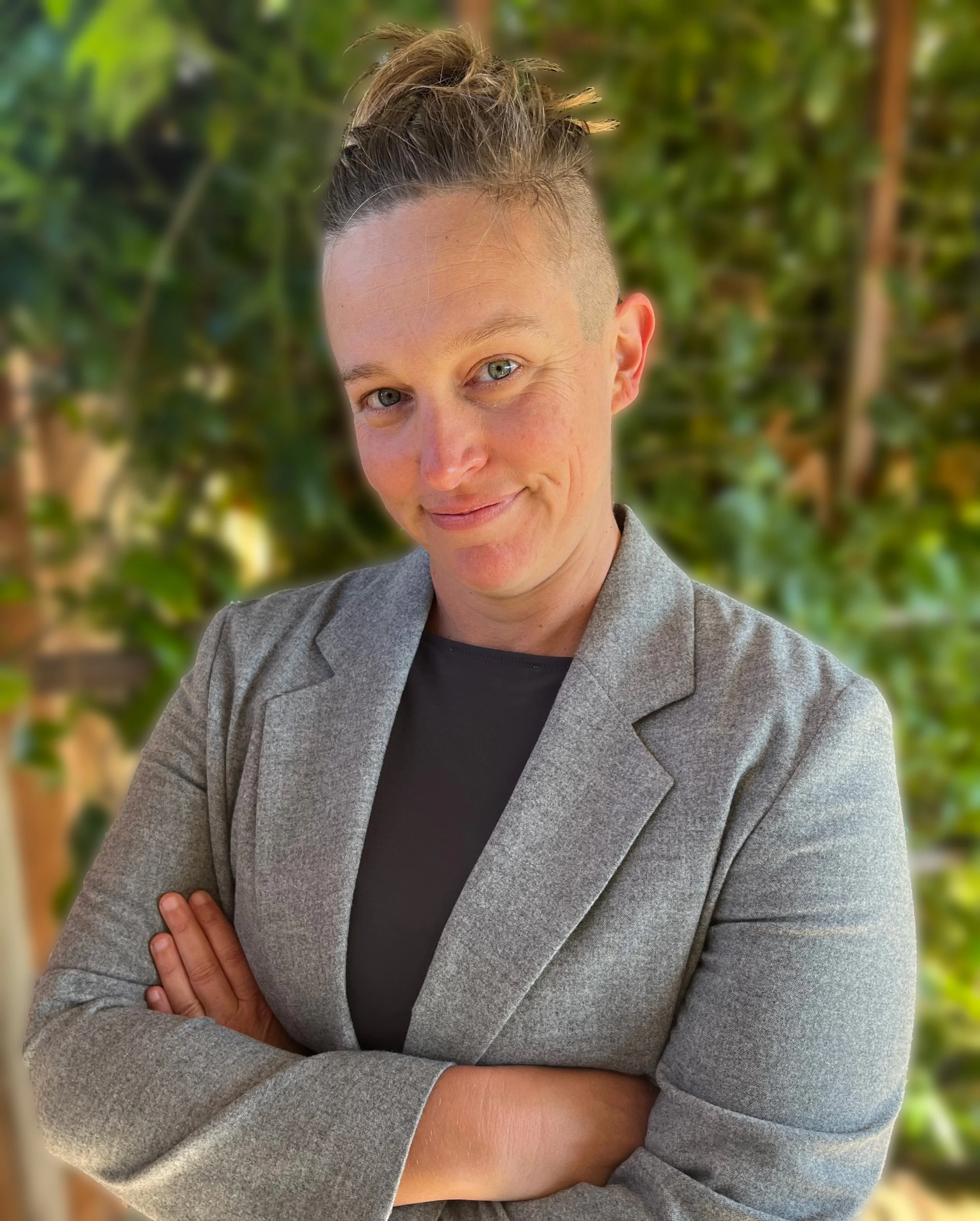ABOUT US
What We Do
RadAx uses light-touch analysis to provide structural impact for organizations, events, and community spaces. Our method leverages both direct lived experience and robust metrics. We rely on nonsensitive organizational documents and other structural footprints, therefore allowing stakeholders and workers to avoid the resource-intensive trainings and discovery processes involved in typical services. We offer data-driven, low-friction, reality-checked solutions that are actionable, effective, and sustainable because we maintain a laser focus on structures where we have maximal agency—on the levers that organizations can actually pull.
What We Believe
We believe in the possibility of a world where none of us are shut out due to blockages in access or structured biases that are often invisible to the people who are perpetuating and benefiting from them. We believe we can collectively build such a world—a world of radical access—through thoughtful, informed, and humane engagement with the structures that limit and empower us. Moreover, we believe that this vision is not only necessary for survival, but also a prerequisite for long-term success and flourishing.
Who We Are
Laura Mangels
Laura (she/they) is a sociologist who is fascinated by social structures and advanced methodologies. After completing her PhD in sociology at UC Berkeley, she co-founded a tech service built around an accessibility algorithm of her invention. She worked with industry experts in a diversity of fields and organization types, expanding her awareness of the inherent strengths and limits of data-driven approaches to organizational access of all kinds, all while recognizing the inherent limitations of typical corporate DEIA. Drawing on over five years of in-depth research on the subject, she has developed a holistic and robust method that leverages both data and the incomparable value of direct lived experience to produce actionable insights.
Laura has researched, written, read, and taught about social inequality, social theory, racism, policing, mental health, and social science methodology. She has led activist research teams, held nonprofit board and community leadership positions, and extensively participated in grassroots community research and organizing. Laura grew up in a bicultural American-Brazilian world in São Paulo, Brazil, and identifies as a cis, white, (less visibly) disabled, neurodivergent, and queer.
Sophie Van Ronselé
Sophie (she/they) is the child of a union organizer who never stopped fighting for a more just workplace for all, and she is the child of a carpenter who never ceased to build. She is the descendant of southern French farmers who climbed the white ladder of European privilege to achieve all of their socio-economic dreams. Sophie was also raised by her physically disabled aunt, who taught her how to challenge unfair barriers to access.
Sophie is a queer, white, first-generation college graduate, invisibly disabled immigrant to the US and is committed to helping put into place structures that allow systematically marginalized members of her community to thrive. Having studied visual arts in Paris, New York City, and San Francisco, Sophie’s professional life took her through the arts, education, social work, and disability justice. After an eye-opening, brief career in the cutthroat visual effects blockbuster movie industry, she switched directions to teach students with learning differences, thus deepening her interest in access. She drew on these lessons to empower disabled folks in their struggles to sustain affordable housing, flourish in their chosen workplace, and maintain their life-line benefits in a structurally hostile governmental maze. This too has taught her many precious lessons that she now brings to RadAx, enhancing the perspective given by her lifelong lived experience with disability.
When Sophie isn’t helping sustain our local food community or blogging about her queer experiences, she’s likely to be studying how to decolonize her mind through the eyes of anti-racist feminist queer literature and graphic novels.



